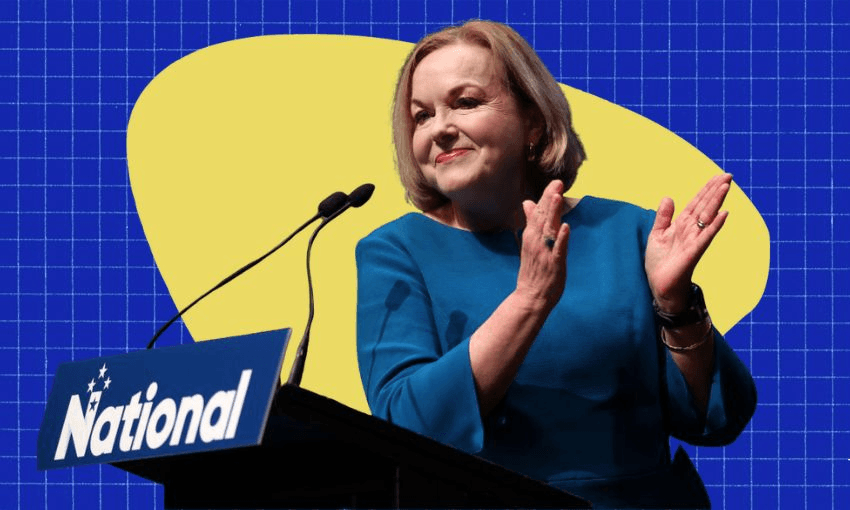With the PM today saying it’s too risky to open the border and dismissing foreign moves to end travel restrictions as ‘experiments’, it looks like MIQ will be with us for a long time yet. Justin Giovannetti reports.
New Zealand does not yet have a plan or timeline for when travellers will be allowed back into the country without a 14-day stint in isolation at the border, the prime minister confirmed today.
Facing questions from reporters yesterday and in parliament today about the lack of a publicly-announced reopening plan, Jacinda Ardern said she is closely watching efforts overseas as governments relax rules and remove border restrictions.
New Zealand is waiting for evidence on whether vaccinated people can carry Covid-19 and what impact future variants will have on the jab. Whether that means a reopening in 2022, 2023 or later, the prime minister wouldn’t say.
“We’ll continue to provide the latest thinking we have around our reopening,” she told reporters after a cabinet meeting yesterday. “In terms of detail, every country at the moment – Australia, New Zealand, Canad – every country continues to look at the evidence around us when it comes to the impact of the vaccine.”
The prime minister acknowledged that the Australian government released its reopening plan on Friday, however she pointed out that it doesn’t have a firm timeline attached to it.
Covid-19 response minister Chris Hipkins indicated last week that the Beehive is now considering purchasing isolation hotels for longer-term use, signalling an expectation that the MIQ system will be in place for the foreseeable future. The government had previously ruled out purpose-built facilities for managed-isolation and quarantine.
The closed border has had an enormous impact on both people and the economy. Along with thousands of migrants who are separated from their families by the border, the Restaurant Association today sounded the alarm about the country’s skills shortage due to the near collapse in immigration.
Finance minister Grant Robertson dismissed economic concerns today and said an open border would not solve the problems. “These are the problems of growth,” he said. “The thing that’s got us to the point of a growing economy is being careful about making sure Covid-19 doesn’t get in.”
Defending the decision not to match foreign efforts to reopen borders, Ardern described the Canadian government’s move to end travel restrictions on its fully vaccinated residents as an “experiment”. She characterised the UK’s decision to lift its restrictions on July 19 using the same word.
“Everything that we’re seeing around the world at the moment is experimental. At the moment, we don’t necessarily have an evidence and research base to draw on. Countries are trying new things as vaccines are rolled out,” Ardern said in parliament at question time today.
Fully-vaccinated Canadians can now travel without any isolation or quarantine on their return. Unvaccinated children will need to self-isolate at home for two weeks after travel (no jab has yet been authorised for children). Over 40% of Canadians over the age of 12 are fully vaccinated and nearly 80% have had one jab.
Before ending restrictions, the country had reduced isolation time at the border to three days as long as a traveller produced a negative Covid test result.
Ardern said she’ll be watching the Canadian example closely to see whether it increases transmission in the country. “This gives us the opportunity to look at what those experiments produce and the outcomes of that,” she said.
Act leader David Seymour said that Ardern needs to approach the border reopening issue with more urgency. “Australian businesses and households can see how this thing ends, and when various freedoms will return. Our government either lacks such a plan or thinks we are unworthy of reading it,” he said. “We need a roadmap out of this. We can’t keep going through lockdowns forever.”
Canada’s border is still closed to foreign nationals, however prime minister Justin Trudeau has said further relaxing of rules will be coming in “weeks and not months”. While he’s used the word “cautious” to describe the country’s move, he hasn’t described it as an experiment as Ardern has. Other public health officers in Canada have declared they will not return to lockdowns if significant community spreads occurs, citing the high level of vaccination.
It’s unclear if Ardern will ever be willing to follow that example. Asked twice by reporters whether she’d be willing to accept the return of some Covid in the country longer term, once everyone has been offered a jab, the prime minister declined to answer.
“Different countries are taking different choices. At the moment, our thinking has been, let’s continue on a path that preserves as many options as possible, particularly as we see variants emerging,” said Ardern.
“The priority for me is how we manage to preserve what New Zealand has gained.”





